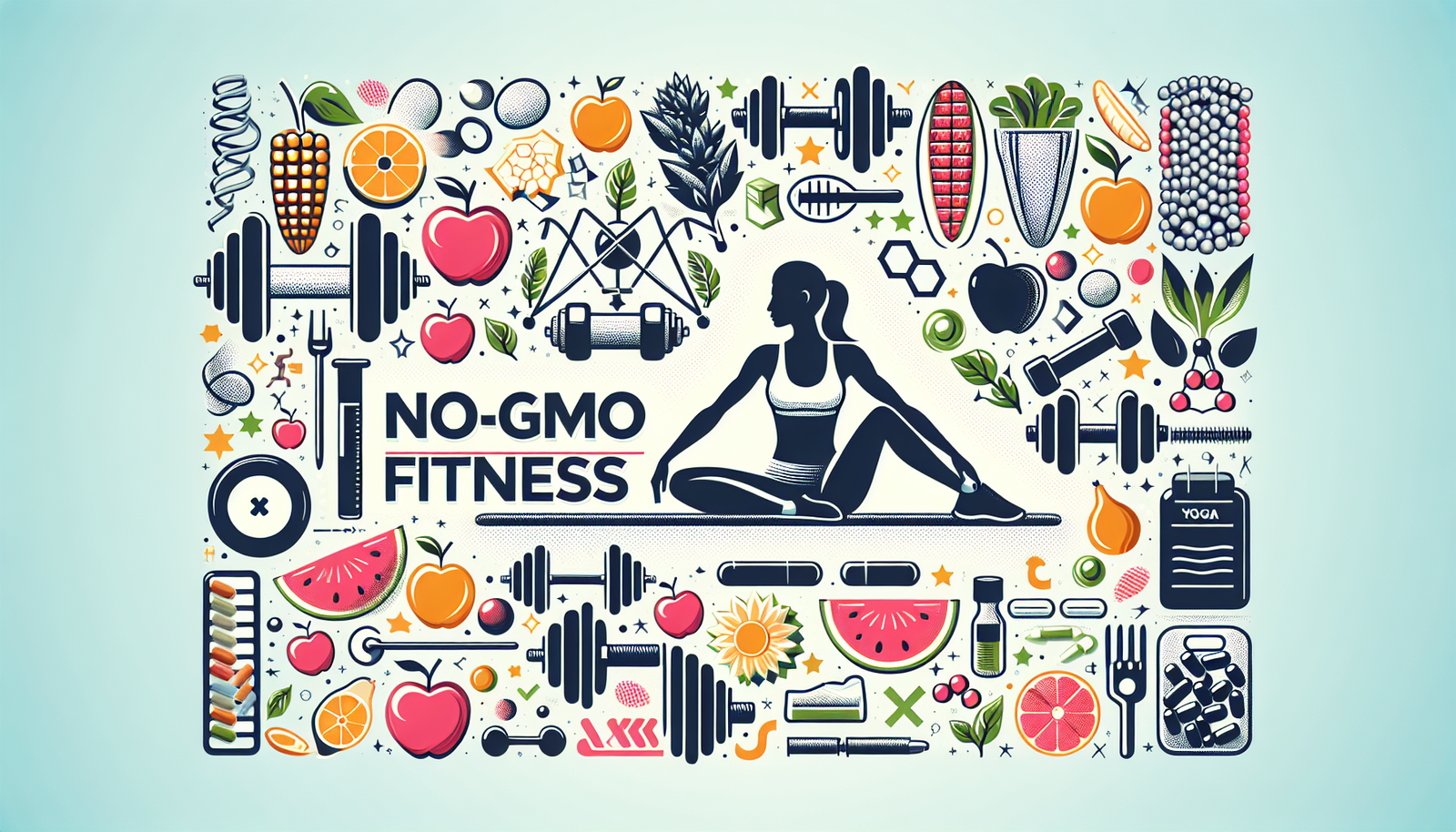Top Protein Supplements for Vegetarians and Vegans
Top Protein Supplements for Vegetarians and Vegans
Understanding Protein Needs for Vegetarians and Vegans
Protein is an essential macronutrient that supports muscle growth, repair, immune function, and overall health. For vegetarians and vegans, meeting daily protein requirements can sometimes be a challenge, given the exclusion of animal products. However, various plant-based protein supplements exist to help bridge this gap. Here’s a detailed look at the top protein supplements tailored for vegetarians and vegans.
1. Pea Protein Isolate
Overview: Pea protein is derived from yellow peas and is a high-quality source of protein that contains all nine essential amino acids, although it is lower in methionine. It is hypoallergenic, making it suitable for most individuals.
Nutritional Profile: Typically contains about 20-25 grams of protein per serving with minimal carbs and fat.
Benefits:
- Supports muscle growth and recovery due to its rich branched-chain amino acid (BCAA) content.
- Easily digestible and less likely to cause bloating compared to other protein sources.
- Suitable for those with dietary restrictions or sensitivities.
Usage: Pea protein can be mixed into smoothies, oatmeal, and baking recipes for a protein boost.
2. Brown Rice Protein
Overview: Brown rice protein is made from whole grain brown rice and is another excellent option for vegetarians and vegans. It is often paired with other protein sources to create a complete amino acid profile.
Nutritional Profile: Contains roughly 24 grams of protein per serving and is low in carbohydrates.
Benefits:
- A good choice for those looking to promote muscle gain and weight management.
- Rich in antioxidants and dietary fibers, supporting overall health and digestion.
- Gluten-free option, suitable for those with gluten sensitivity.
Usage: Use brown rice protein in protein bars, pancakes, smoothies, and baked goods to enhance their protein content.
3. Hemp Protein
Overview: Hemp protein is derived from hemp seeds and is known for its rich nutrient profile, containing a balanced ratio of omega-3 and omega-6 fatty acids along with protein.
Nutritional Profile: Provides about 15 grams of protein per serving, along with healthy fats and a wealth of vitamins and minerals.
Benefits:
- Supports heart health due to the presence of omega fatty acids.
- Contains fiber that aids in digestion and promotes gut health.
- Offers a complete protein profile, including the nine essential amino acids.
Usage: Hemp protein can be added to smoothies, sprinkled on salads, or mixed into cereal or yogurt for an easy protein boost.
4. Soy Protein Isolate
Overview: Soy protein is made from defatted soybeans and is one of the few plant-based proteins that are considered a complete protein.
Nutritional Profile: Contains 22-30 grams of protein per serving with low saturated fats.
Benefits:
- Rich in essential amino acids, making it excellent for muscle repair and growth.
- May support heart health by lowering cholesterol levels.
- Contains isoflavones, which have antioxidant properties.
Usage: Blend into smoothies, mix in oatmeal, or use in baking to increase protein content without altering flavor significantly.
5. Pumpkin Seed Protein
Overview: A lesser-known option, pumpkin seed protein is made by cold-pressing pumpkin seeds and is rich in protein as well as healthy fats.
Nutritional Profile: Delivers around 20 grams of protein per serving, along with a variety of vitamins and minerals.
Benefits:
- Contains high levels of magnesium, iron, zinc, and other essential nutrients.
- Antioxidant properties help reduce inflammation in the body.
- Supports heart and prostate health due to the presence of phytosterols.
Usage: Use pumpkin seed protein in smoothies, energy bars, or sprinkled over salads for an additional nutrient boost.
6. Mixed Plant-Based Proteins
Overview: Several brands offer blends of plant-based proteins that combine two or more sources such as pea, brown rice, chia, and quinoa to create a complete protein profile.
Nutritional Profile: Varies by formulation but generally offers 20-25 grams of protein per serving.
Benefits:
- Combines the strengths of different proteins to offer a well-rounded amino acid profile.
- Often fortified with vitamins and minerals beneficial for vegans and vegetarians.
- Available in many flavors, catering to diverse taste preferences.
Usage: Ideal for smoothies, protein shakes, or as an ingredient in baking, these blends offer versatility and taste.
7. Chia Seed Protein
Overview: Chia seeds are tiny nutritional powerhouses that provide protein along with omega-3 fatty acids, fiber, and antioxidants.
Nutritional Profile: Contains about 5 grams of protein per ounce, along with 11 grams of fiber.
Benefits:
- Supports weight management due to high fiber content that promotes satiety.
- Rich in calcium, potassium, and magnesium, contributing to overall health.
- Aids in hydration as chia seeds absorb liquid and expand.
Usage: Chia protein can be used in smoothies, puddings, and as a thickening agent for soups or gravies.
8. Nut and Seed Protein Powders
Overview: These protein powders are made from various nuts and seeds, including almond, sunflower, and flaxseed protein.
Nutritional Profile: Varies depending on the nut or seed; generally, expect around 15-20 grams of protein per serving.
Benefits:
- Provides healthy fats along with protein, supporting sustained energy levels.
- Contains nutrients specific to the source, like vitamin E in almonds.
- May enhance satiety and muscle repair.
Usage: Mix into smoothies or yogurt, or use them in baking for added nutrition.
Choosing the Right Protein Supplement
Factors to Consider
-
Amino Acid Profile: Ensure the supplement provides a complete amino acid profile, especially options like soy or blends.
-
Dietary Restrictions: Consider allergies or intolerances when selecting a protein source (e.g., avoid soy if allergic).
-
Flavor and Texture: Different protein powders have varying tastes and textures. Experiment to find what you enjoy most.
-
Serving Size: Look at the grams of protein per serving to ensure you’re getting enough to meet your dietary needs.
- Additives and Sweeteners: Opt for organic and clean formulations when possible, avoiding artificial sweeteners and fillers.
Tips on Incorporating Protein Supplements
- Start Slowly: If new to protein supplementation, start with smaller amounts to allow your body to adjust.
- Combine with Healthy Foods: Mix protein supplements with fruits, vegetables, and other nutrient-dense foods for a balanced diet.
- Post-Workout Intake: Consume protein supplements post-workout to enhance muscle recovery and gain.
Conclusion
With careful selection and use of protein supplements, vegetarians and vegans can meet their protein requirements efficiently. Explore various options, listen to your body, and prioritize a well-rounded diet to enjoy the full benefits of plant-based nutrition.








